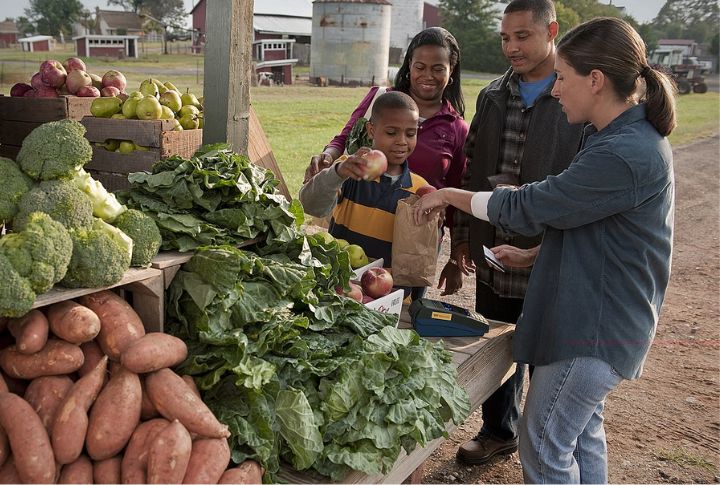
The Supplemental Nutrition Assistance Program helps millions of Americans afford groceries, but it comes with a surprisingly specific set of restrictions. Standing in the checkout line with your EBT card, you might discover that not everything in your cart is actually covered. Understanding these limitations can help you avoid confusion and make the most of your benefits.
The program excludes certain items based on federal regulations that define what counts as eligible food purchases. Some restrictions make sense at first glance, while others catch people off guard with their specificity and unexpected quirks.
Hot Food And Restaurant Meals Are Usually Off The Table
The program specifically excludes “hot foods” or foods meant to be eaten in the store. That rotisserie chicken spinning under the heat lamp at the grocery store deli? It won’t go through on your EBT card in most states. The same applies to hot soup from the deli bar, fresh pizza slices, warm sub sandwiches, and even hot coffee from the grocery store cafe.
The reasoning behind this rule stems from the program’s original design. SNAP is meant to help people purchase food to prepare at home, not ready-to-eat restaurant-style meals. There is an exception, though. Some states participate in the Restaurant Meals Program, which allows elderly, disabled, and homeless SNAP recipients to use their benefits at approved restaurants. This program is only available in certain areas and only at participating establishments.
The temperature rule creates some interesting situations. That same rotisserie chicken becomes eligible if it’s been refrigerated and sold cold. An uncooked chicken from the meat department is perfectly fine. The distinction isn’t about the food itself but how it’s prepared and served.
Non-Food Items Are Strictly Prohibited
SNAP benefits are exclusively for food, which means a whole category of grocery store items is completely off-limits. You cannot purchase vitamins, medicines, or supplements—even if they’re sold in the grocery aisle. Pet food is excluded, regardless of how essential it is to your household. Cleaning supplies, paper products, toiletries, and hygiene items like soap, toothpaste, and shampoo won’t be covered either.
Alcohol and tobacco products are firmly prohibited, including beer, wine, cigarettes, and vaping products. This restriction is absolute and applies nationwide without exception. Here’s where it gets surprisingly specific: prepared foods from the bakery or deli are fine if they’re cold, but the birthday candles for that cake aren’t covered. You can buy a pumpkin to cook and eat, but if you’re planning to carve it for decoration, technically, that’s not an eligible food purchase.
The Gray Areas That Confuse Everyone
Energy drinks present a peculiar loophole. If a drink has a nutrition facts label, it’s eligible. If it has a supplement facts label, it’s not. Two nearly identical energy drinks sitting side by side might have different eligibility based solely on how the manufacturer labels them.
Live animals generally aren’t covered, with one fascinating exception: live fish, shellfish, and other seafood animals are eligible because they’re purchased specifically to be eaten at home.

